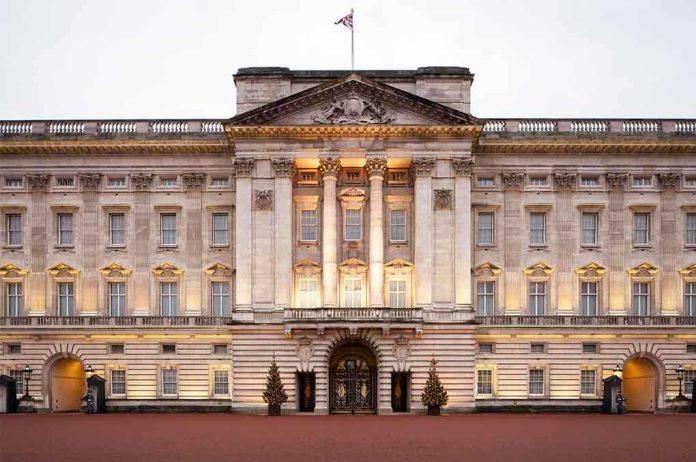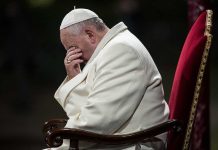
Prince Andrew’s continued residence at Royal Lodge under a nominal rent agreement sparks outrage and highlights royal privilege issues amidst his public disgrace.
Story Highlights
- Prince Andrew faces mounting pressure to leave Royal Lodge amid controversies.
- Unique lease allows him to remain until 2078 for a peppercorn rent.
- King Charles III aims to manage royal family reputation and resources.
- Public demands accountability and transparency from the monarchy.
Prince Andrew’s Controversial Residency
Prince Andrew, the Duke of York, is at the center of a growing controversy over his continued residence at the Royal Lodge in Windsor Great Park. Despite public and royal family pressure, Andrew remains in the 30-room mansion under a highly favorable lease, which permits him to stay until 2078 at a nominal rent. This situation has fueled debates over royal privilege and accountability, especially given Andrew’s tarnished reputation following numerous scandals.
The tension between Andrew and King Charles III has become emblematic of broader issues within the royal family regarding privilege and public perception. The King, seeking to streamline the monarchy and reduce scandal, has pressured Andrew to leave the Royal Lodge, suggesting a move to the smaller Frogmore Cottage. However, Andrew’s financial constraints and the legally binding lease complicate matters.
Financial and Legal Complexities
The financial and legal intricacies surrounding Andrew’s lease add layers to the controversy. Originally secured with a £1 million upfront payment, the lease requires Andrew to pay only if demanded, which has not occurred for the past two years. This arrangement, coupled with the cutting of Andrew’s £1 million annual allowance by King Charles, puts Andrew in a precarious financial position, intensifying calls for him to vacate the property.
Andrew’s recent relinquishment of remaining titles and honors marks a significant step back from public life, yet his continued residence at the Royal Lodge remains a point of contention. Critics argue that his presence undermines the monarchy’s efforts to modernize its image and address issues of privilege and accountability. The Crown Estate, while legally bound, faces pressure to resolve the situation in a manner that aligns with public expectations.
Implications for the Monarchy
The ongoing standoff between Andrew and the monarchy carries implications that extend beyond his personal circumstances. It raises questions about the management of royal properties and the accountability of royals. The public’s demand for transparency and fairness places additional pressure on the monarchy to address these issues decisively.
King Charles III’s handling of this situation could set a precedent for dealing with disgraced royals and property disputes in the future. As the British public continues to scrutinize royal finances and privileges, the monarchy must navigate these challenges carefully to maintain its integrity and public trust. The resolution of this issue will likely influence public perceptions of the monarchy’s ability to self-regulate and adapt to modern expectations.
Sources:
Cosmopolitan: Prince Andrew’s Peppercorn Rent at Royal Lodge
The Nightly: Prince Andrew Living Rent-Free at Royal Lodge

















